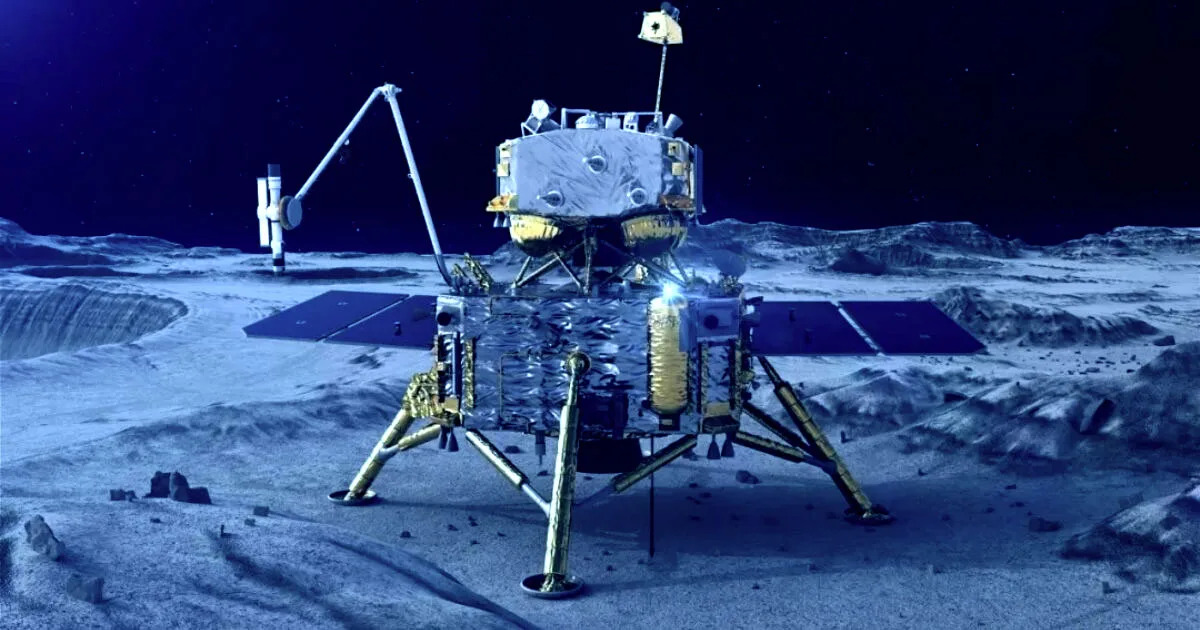Almost 200 years before scientists accepted black holes exist, a British clergyman called John Michell published some surprisingly prescient ideas about these strange cosmic objects. Why isn’t his work better known?
In 1783, an unassuming British priest by the name of John Michell made an astonishing prediction: the existence of cosmic entities so massive and dense that not even light could escape their grasp. These entities, which Michell called “dark stars,” are now known as black holes – one of the most mysterious and captivating phenomena in the universe.
Despite his remarkable foresight, Michell’s ideas were largely forgotten for nearly two centuries. So, who was this extraordinary individual, and why did his predictions fade into obscurity?
John Michell was a man of many talents, with expertise in mathematics, geology, theology, and more. Born in 1724 in the village of Eakring, England, he attended Cambridge University and later became a professor there. Among his acquaintances were notable figures like Benjamin Franklin and Joseph Priestley.
Michell’s insights into black holes were far ahead of their time, predating Albert Einstein’s theory of general relativity – the foundation of our modern understanding of these cosmic entities – by more than a century. Using only Newtonian laws, Michell anticipated the existence and properties of black holes with surprising accuracy.
Despite his remarkable achievements, Michell’s work on black holes was largely overlooked due to his humble nature and lack of self-promotion. It was not until the 20th century that the scientific community began to seriously consider the concept of black holes, thanks in part to the work of physicists like Karl Schwarzschild and Stephen Hawking.
Today, John Michell is finally receiving recognition as a visionary in the study of black holes. His predictions serve as a testament to the power of scientific curiosity and imagination, even in an era when our understanding of the universe was significantly less advanced than it is today.

